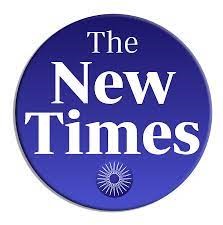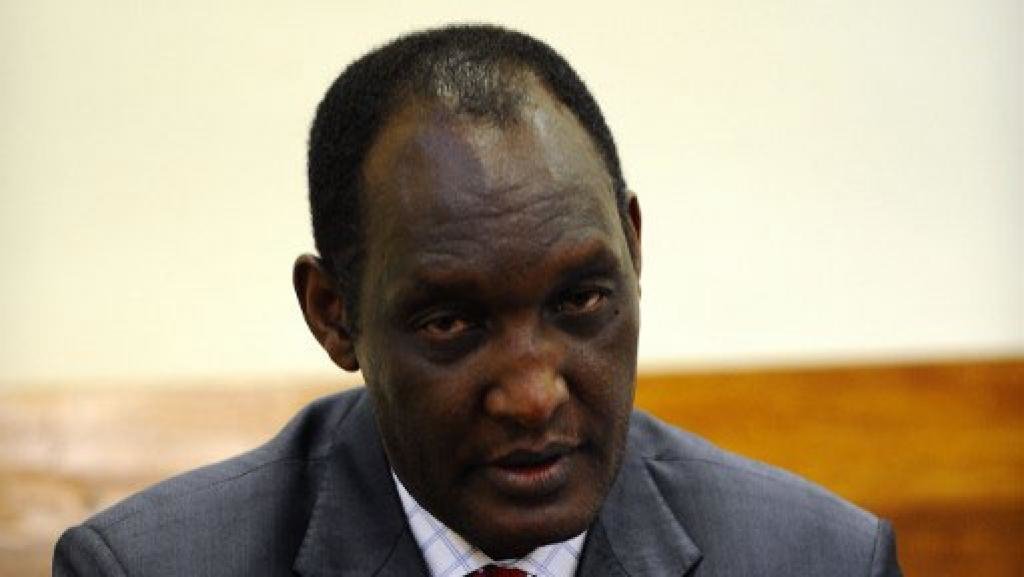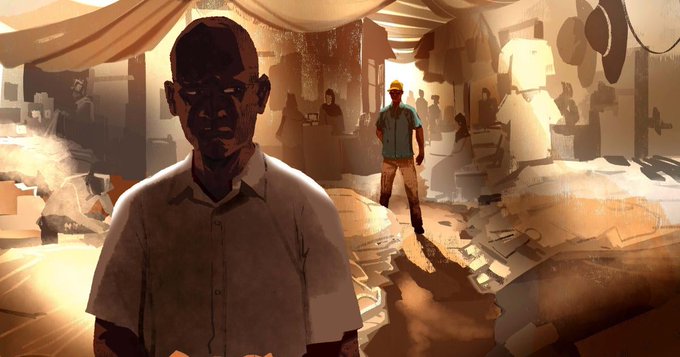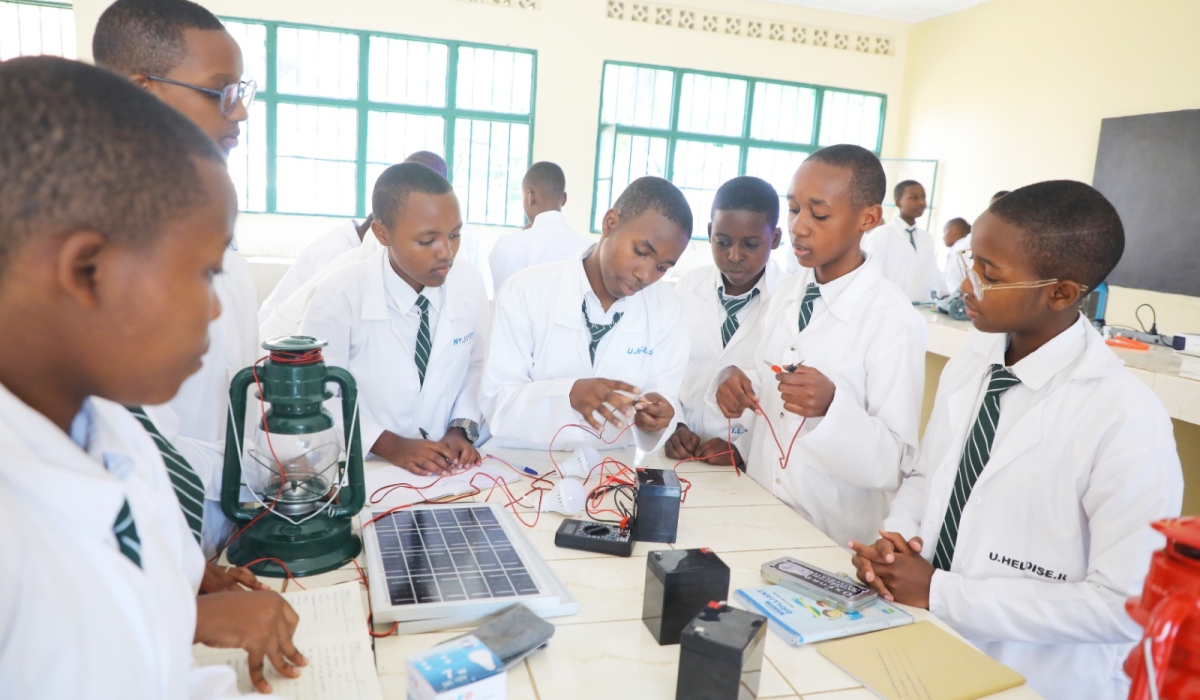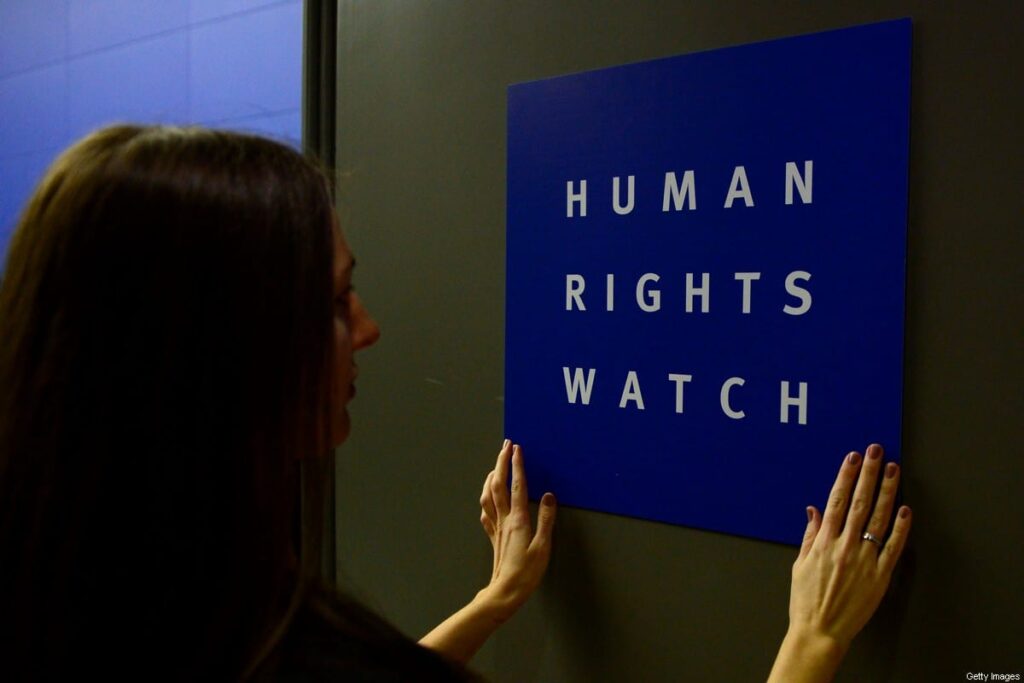Regional
Without a leg to stand on, Human Rights Watch still insists on punching down on Rwanda
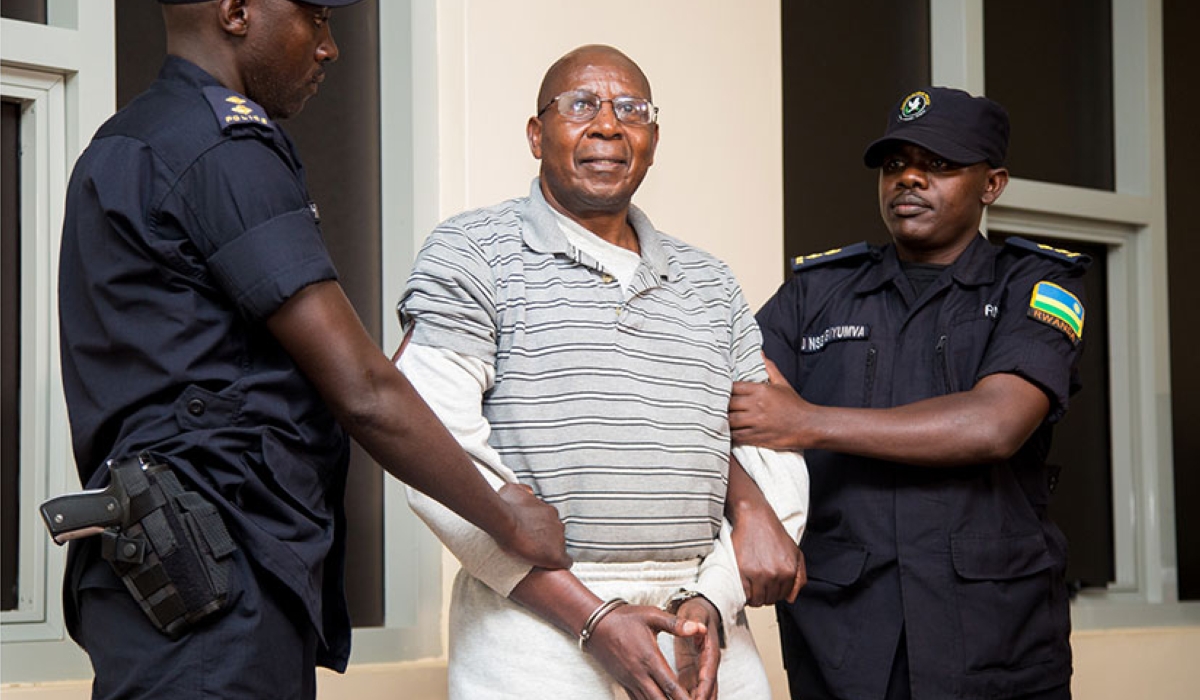
Leopold Munyakazi, one of the key ideologues of the 1994 Genocide against the Tutsi who started disseminating hate speech targeting the Tutsi in 1990, had evaded justice for 12 years before he was deported from the USA in 2016. In 2018, he was convicted for Genocide revisionism. HRW used Munyakazi's case in their latest report to argue that Rwanda restricts freedom of expression for its citizens.
You
may have noticed that Human Rights Watch (HRW) has made a habit of releasing
reports about Rwanda, each more eccentric than the last.
Their
claims are scandalous - kidnappings, forced disappearances, and mysterious
deaths. And yet, Rwanda keeps responding to those reports, debunking each lie.
Those allegedly kidnapped are found, and those missing or dead are found alive
and well. This has been going on for as long as we can remember.
In
2006, one Leopold Munyakazi went to the University of Delaware and publicly
denied the 1994 Genocide against the Tutsi in Rwanda, calling it a ‘civil war’
and even suggesting that a plane crash triggered it. Upon his forced return to
Rwanda, a decade later, he was arrested, tried, and sentenced as per the law
against genocide denial in Rwanda - as he should. Munyakazi, a former
University lecturer who was one of the key ideologues of the 1994 Genocide
against the Tutsi in Rwanda, mainly started preparing and disseminating hate
speech targeting the Tutsi in 1990.
Fast
forward to 2017. While in prison, he repeated the same claims, and the court
added five more years to his sentence - as they should. This obvious
open-and-shut case clearly shows that nearly 30 years after the 1994 Genocide,
some individuals are relentless in obscuring the irrefutable facts of the
genocide perpetrated against the Tutsi in Rwanda. By law, and by all that is
right, it is clear that Munyakazi deserved to be held accountable.
HRW
disagrees.
In the
year of our Lord 2023, HRW uses Munyakazi's case in their report to argue that
Rwanda restricts freedom of expression for its citizens. According to this
so-called human rights watchdog, Munyakazi should be allowed to deny the 1994
Genocide, while Rwanda should do nothing about it for the sake of human rights.
Incomprehensible, right?
This
example is only one of many flawed and biased claims HRW has made against
Rwanda over the years.
Another
example is from 2017 when HRW accused the Rwandan Government of killing 37
people. Lo and behold, several of the people it reported dead were found to be
alive and shown to the world to see, the next morning. Others had died of
natural causes, while others never existed in the first place. HRW, which is
accountable to no one, invented Rwandans and killed others in its report to
feed a narrative and agenda against Rwanda’s leadership.
Another
time, their then-country manager, Lewis Mudge, was caught red-handed recruiting
people for the FDLR, a US and UN-sanctioned genocidal militia operating in the
Democratic Republic of the Congo (DR Congo). This incident led to him being
expelled from Rwanda. The FDLR that he was recruiting for is a negative militia
group – one of the more than 200 others that continue to wreak havoc in eastern
DR Congo – that was formed, in mid 2000 by the remnants of the perpetrators of
the 1994 genocide. To date, the genocidal militia group continues to spread
genocide ideology in the region and afar.
For
recruiting for a terrorist militia, Mudge should have faced justice.
There
are many examples of how HRW's reporting on Rwanda is dangerous, utterly
biased, and politically motivated. Granted, not many people read their reports
from start to finish. Still, for those who do, we can discern that HRW is
trying to rally public opinion against Rwanda.
In the
words of a wise woman, "HRW has no leg to stand on, punching down on a
country like Rwanda that has worked really hard to get to where we are right
now."
To
this, I will add that HRW needs to be studied meticulously. If they have
recruited for a genocidal militia, what else have they done in other countries?
If they are backing Genocide deniers from Rwanda, whom else are they supporting
to push their own agenda? If they are willing to invent people to prove a
point, do they even have principles? Whose human rights are they fighting for?
Clearly, it’s not ours. But also, do they have a monopoly over human rights?
In
summary, Human Rights Watch is not a human rights organization; it is merely a
political tool, and an ugly one at that.
The author is a socio-political commentator.


